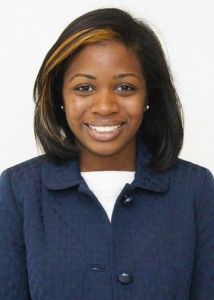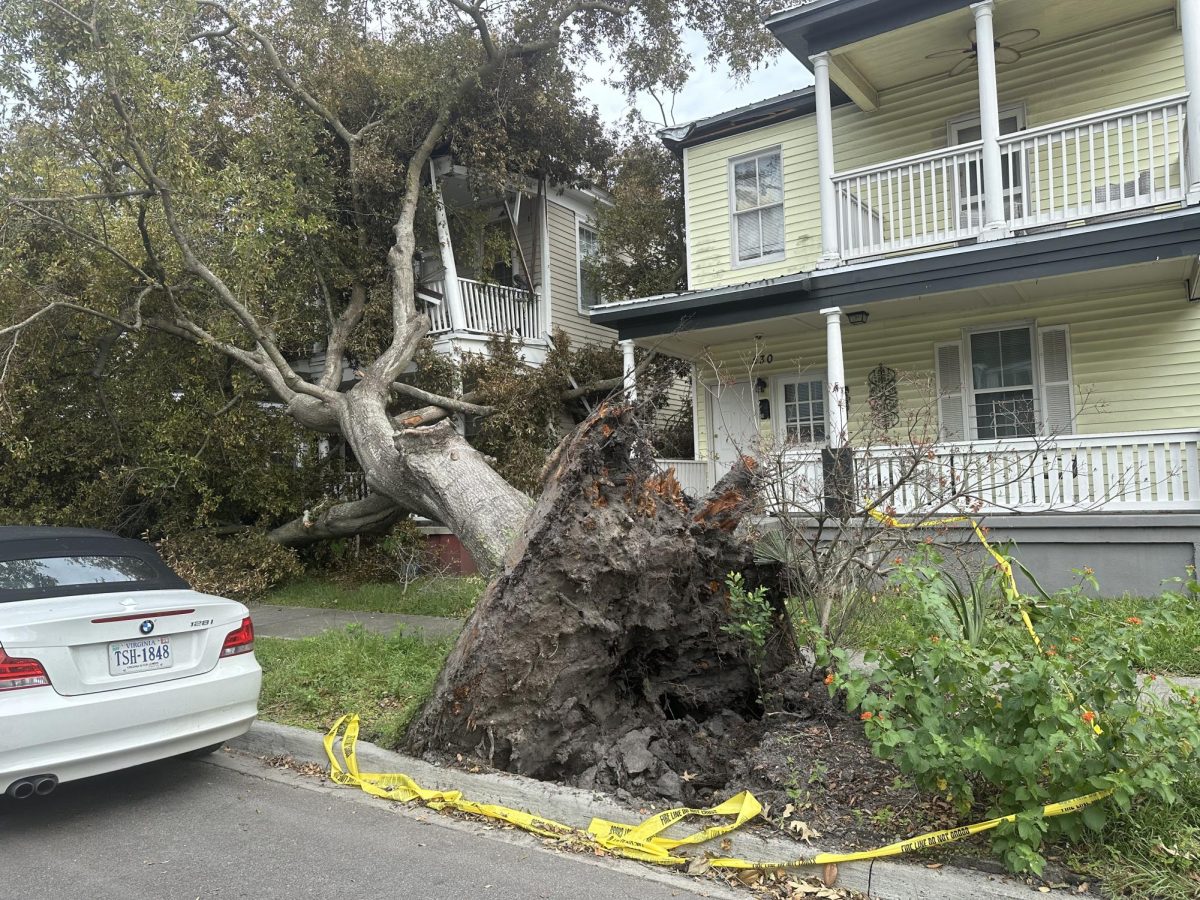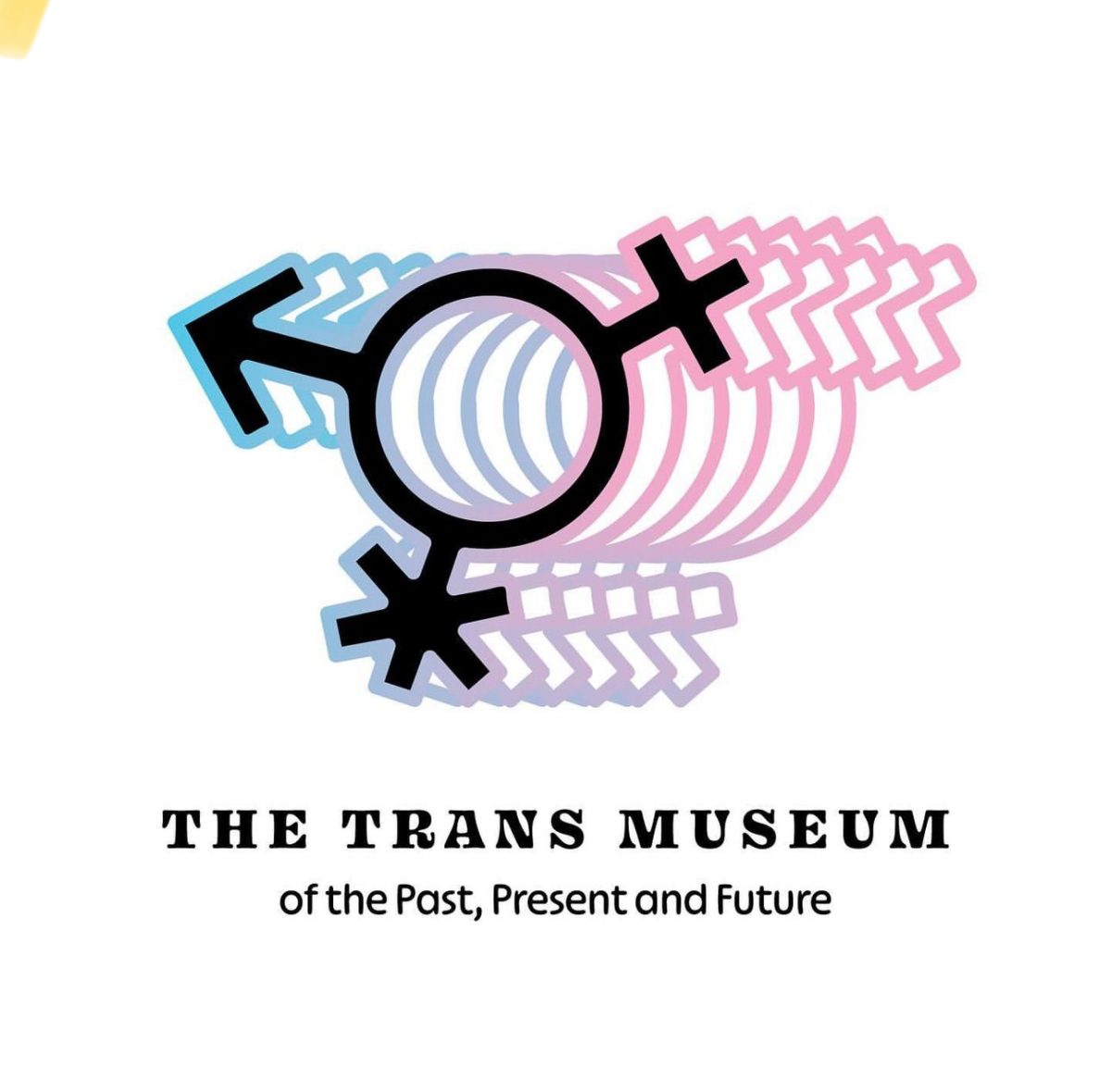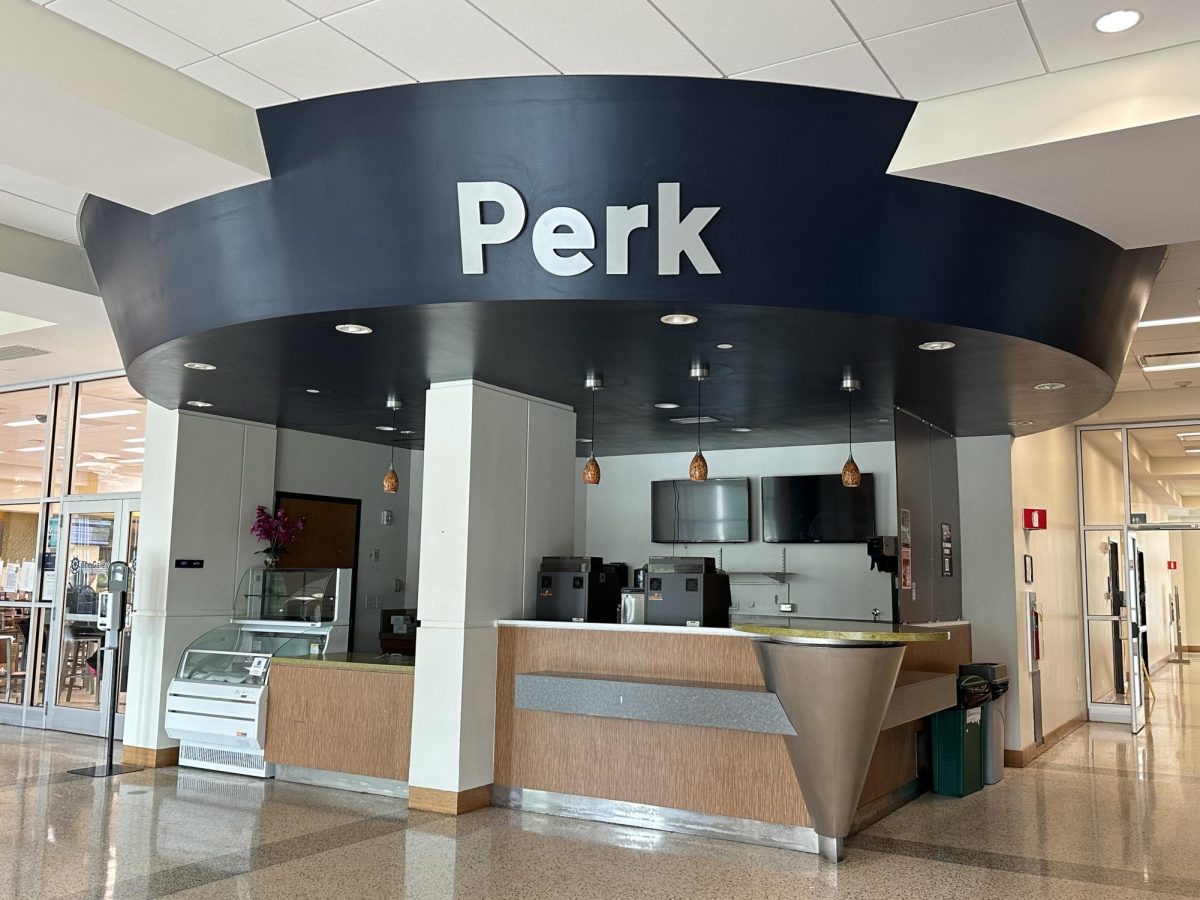Donny Williams, Staff Writer
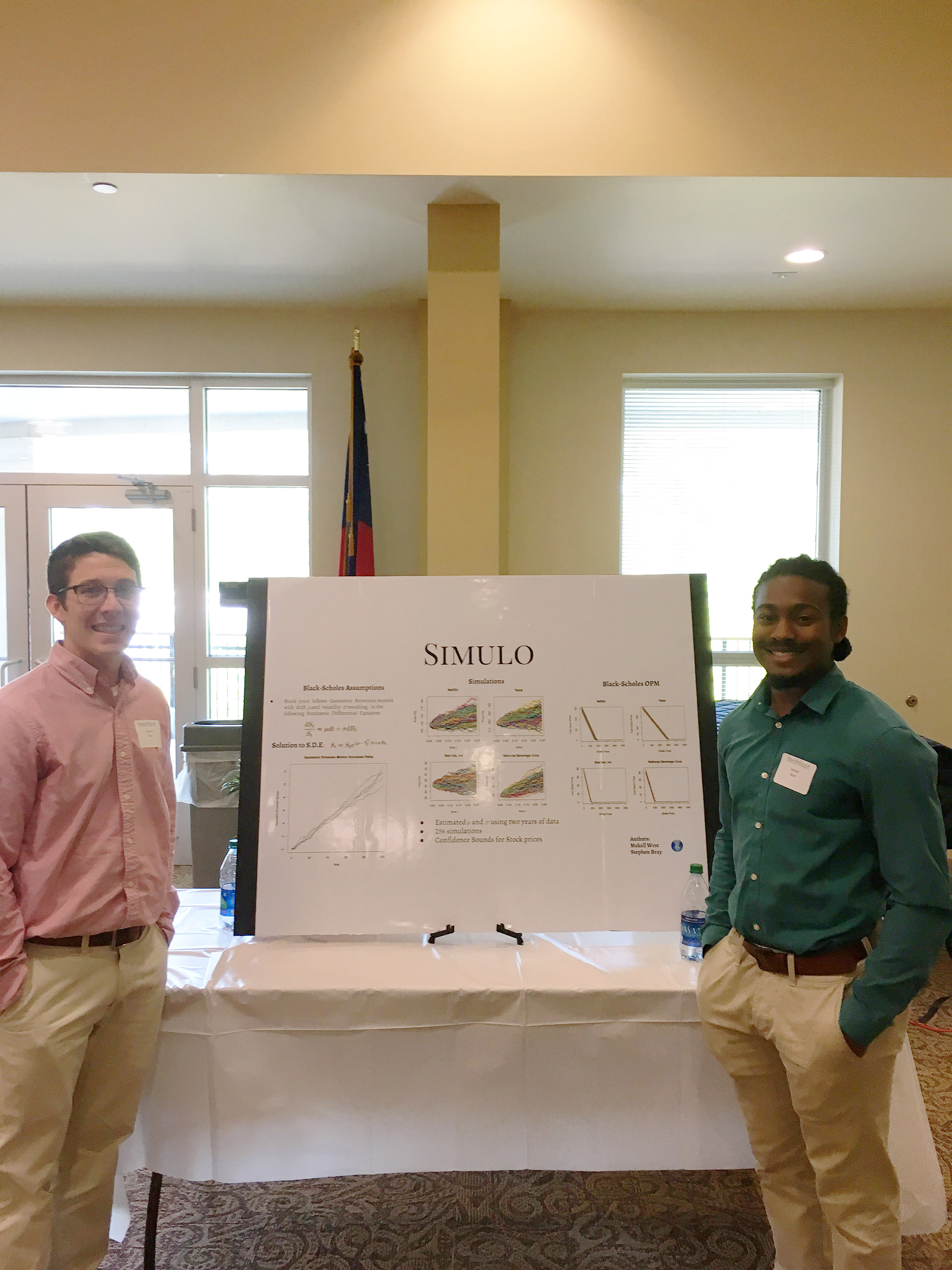
Last Friday the department of Computer Science and Information Technology hosted Armstrong’s TechFest 2017. TechFest featured student research projects and an open discussion about the current state of the tech industry. Representatives from local tech companies such as Creative COast, Commerce V3, HubMag, ICS and eGauge showcased their business and offered students recruitment advice.
Stephen Bray and Mekell West won first place for their 95 percent confidence interval for a three-month prediction of stock prices. Senior computer science major Ryan Mims and his team took second place with their project. Chanukya Badri took third with his work concerning data encryption using elliptic curves.
Representative speakers from the Technology Association of Georgia, Larry Williams and Nick Batey, agreed that cyber security and big data analytics are Georgia’s main tech industries that employ computer science students. Companies are looking for perspective employees who are not only adept at crunching numbers but who also know how to apply these numbers.
Williams mentioned insider tips during the discussion such as how businesses are looking to hire employees who collaborate well with other coworkers in person rather than over the phone or by email.
Williams reiterated that collaborative environments “inspire creativity and fire people up,” and to remember that “every company is a technology company.”
Many graduates look to quintessential tech companies like Apple but forget that many fields in the modern day digital economy call upon computer science expertise.
Even non-tech-focused businesses still hire tech employees for positions involving big data management, online advertising analytics and trade logistics. An encouraging mention of the $50,000 annual salary average for some Georgia tech positions sent a sigh of relief through the crowd.
When discussion opened for the audience, several students voiced their concerns about the imminent threat of automation to the longevity of their future job positions. Forward thinking students fear that the machines they are studying will end up replacing them in the workplace.
Williams optimistically reminded students to be willing to adapt to a changing industry and that the robots will always need repairs and improvements.
However, some audience members said there is good reason to fear the replacement of the human worker in their lifetime. One skeptic during the discussion was Mims.
“At the rate of technological growth that we are experiencing currently, I predict that all jobs will eventually become automated, with few exceptions. Even the machine maintenance jobs that Williams mentioned are likely to be automated—not in the near future but I would wager within the foreseeable future,” Mims said.
Mims worked with Jordan Brown, Jonathan Moyett, Peter Drinovac and faculty member Dr. Ashraf Saad to develop a robot name 3pi. This robot can perform basic tasks like determining its location on a grid.
3pi can also navigate its way across the grid and avoid collisions by sending coordinate information to fellow robots. The group plans to send a simplified 3pi manual with coding tutorials to local Oglethorpe Charter Middle School in hopes that this will more effectively engage youth in a more hands-on coding experience.

